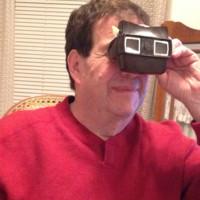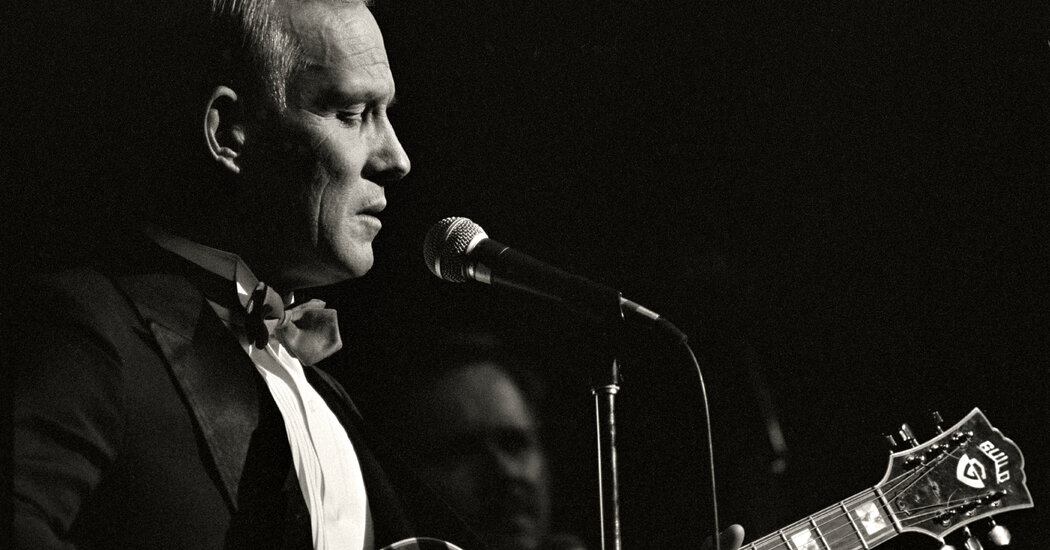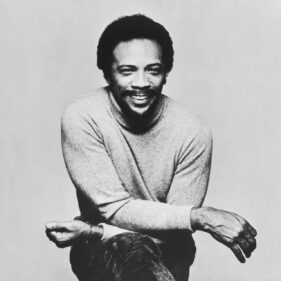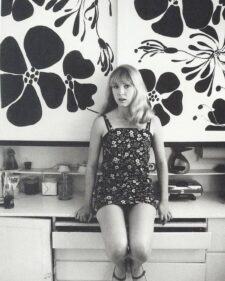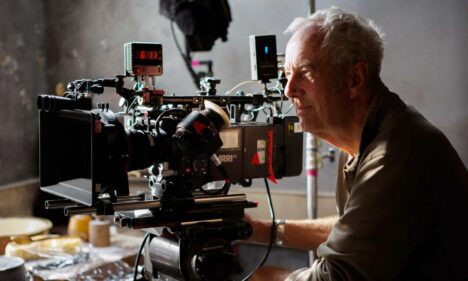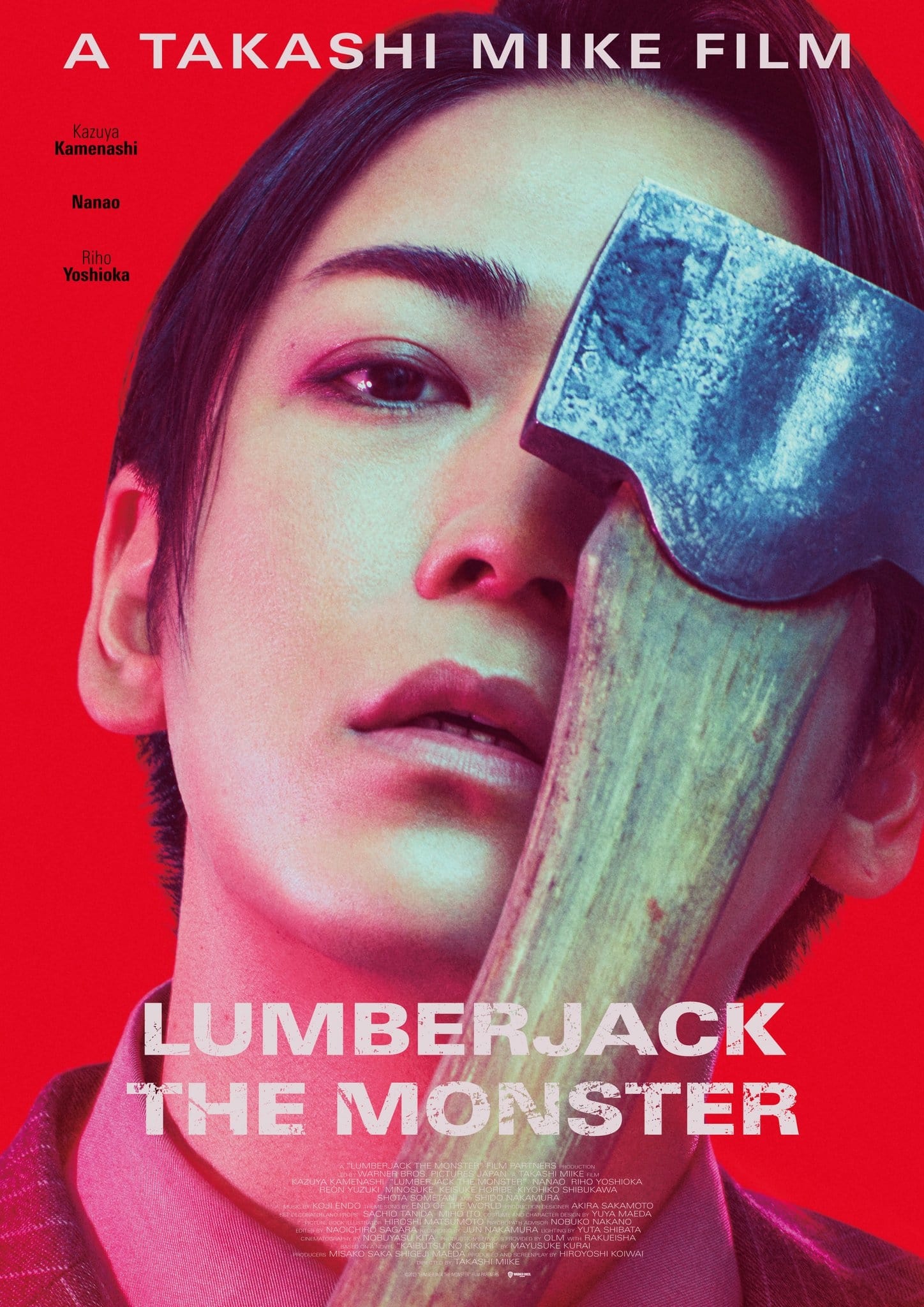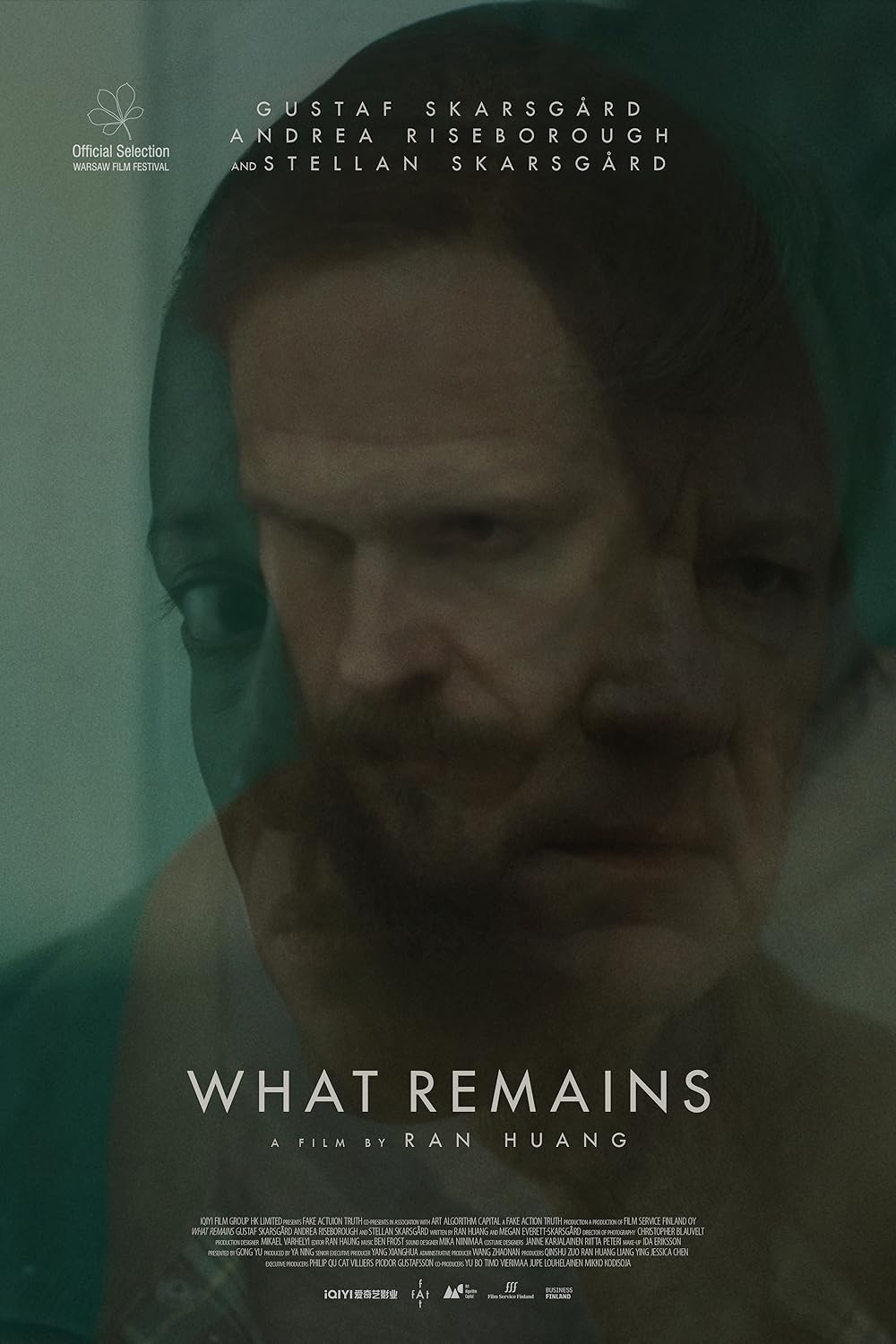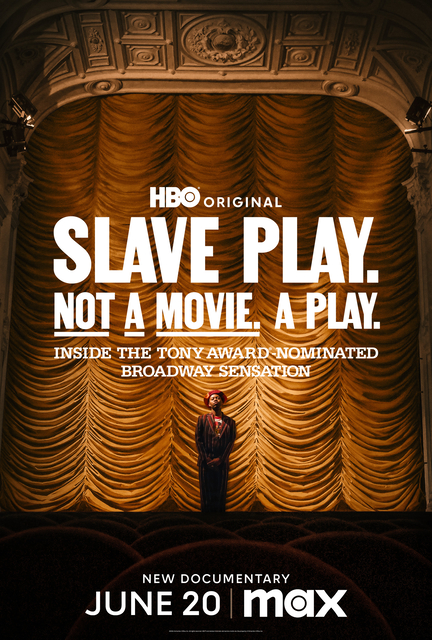In 1967 BC (Before Cable), Sunday night was must-see TV. If you were a kid, you watched Disney's "Wonderful World of Color" on NBC, followed a half hour later by ratings juggernaut "Bonanza," the "Yellowstone" of its day. Over on CBS, "The Ed Sullivan Show," TV's longest-running variety show, was definitely old school, although it did feature some of the top contemporary comedians and rock groups (it's where America met the Beatles) along with the acrobats, opera singers, Broadway stars, ventriloquists, novelty acts and Topo Gigio. But Sullivan himself was squaresville.
That year marked the debut of "The Smothers Brothers Comedy Hour," which followed "Ed Sullivan" and despite the clean cut and unassuming appearance of its hosts, was as new school as you can get. TV, in fact, had never seen anything like it. The pointed political satire, counterculture humor and anti-war sentiments earned the ire of the network's "beeping censors" as well as President Richard Nixon, who lobbied network execs to cancel the show, which they ultimately did in 1969.
Tom Smothers, who died Dec 26 at his home in Santa Rosa, Calif, was the "Comedy Hour's" driving comedic force. Like Stan Laurel before him, Tom only played dumb opposite his brother Dick as one-half of the Smothers Brothers. Decades before "A Mighty Wind," the brothers, consummate musicians—Tom on acoustic guitar and Dick on stand-up bass—affectionately lampooned folk music. Here for example, was their take on "The Ballad of John Henry":
"John Henry got his first hammer from his daddy, he was just a little fella, about five years old. He grabbed that little hammer in hands and started hammering on things. Banging on the pots and pans. Banging on the back stairs. Banging the little girl next door…."
As comic folk singers, the Smothers Brothers were a fixture in nightclubs and on variety shows. In addition to their irreverent takes on America's folk songbook, their between-song banter was informed by a combative sibling rivalry. "Mom always liked you best" was Tom's catchphrase (and the title of their Grammy-nominated album).
After a failed sitcom, CBS offered the brothers their own variety show that would serve as counterprogramming for an untapped younger and hipper audience. Tom demanded and was promised creative control. That promise would be broken, but what they were able to get away with is still potent.
The writing staff included Steve Martin, Rob Reiner and Bob (Super Dave) Einstein. Leigh French portrayed the recurring character Goldie, a spacey flower child who, in one segment, literally just answered viewer's unheard questions ("You just bury that in your backyard and don't let them in unless you see a warrant"). Deadpan comedian Pat Paulson went the 1960s version of viral when he mounted a mock presidential campaign. One epic sketch went medieval on the 1968 presidential campaign with a nod toward the Arthurian legend of the sword in the stone.
Guests on the show included venerable show business legends such as Kate Smith, Bette Davis, Jack Benny and George Burns, but the brothers pushed the envelope by bringing on rock groups that did not ordinarily do television, such as The Who. The Beatles debuted "Hey Jude" on the show (Tom was friends with John Lennon, earning a name check in his song, "Give Peace a Chance." He also participated in John and Yoko's Bed-In for Peace).
America's youth embraced the show, giving it a cultural cachet (and "Bonanza" a run for its ratings dominance). The show won an Emmy in 1969 for its writing. Tom removed his name from voter consideration fearing it would alienate more conservative voters. In 2008, Steve Martin would present him with a commemorative Emmy for the show. In his acceptance speech, Tom dedicated the honor to "All people who feel compelled to speak up, not afraid to speak to power and won't shut up and refuse to be silent."
Several incidents exasperated tensions between the brothers and CBS. In one oft-quote gag, Dick referenced a government request for citizens to refrain from visiting violence-torn foreign countries. "Okay, all you guys in Vietnam, come on home," Tom responded.
The Who smashing and blowing up their instruments was okay, but not Pete Seeger singing "Waist Deep in the Big Muddy" ("the big fool says to push on) or Harry Belafonte singing "Don't Stop the Carnival" against footage of the 1968 Chicago Democratic convention. The final straw was an irreverent take on the biblical tale of Jonah from comedian David Steinberg. In a 2019 interview, Tom said that 50 years later, he was still "pissed off" over the show's cancellation.
After CBS cancelled the "Comedy Hour," it was revived for ABC as a summer replacement. Another iteration of the show aired on NBC in 1975, but only lasted a season. The brothers themselves launched Remick Ridge Vineyards in Northern California. Another unexpected sideline was Tom's persona as Yo-Yo Man, which he introduced on yet another reboot of the "Comedy Hour," on, of all networks, CBS. They put out an instructional video in 1988.
Tom had also launched a solo acting career, touring the country in Woody Allen's "Play It Again, Sam" and starring in Brian DePalma's "Get to Know Your Rabbit." And get a load of this clip of Tom walking out as Johnny Carson on "The Tonight Show."
The brothers reunited on Broadway in 1978 in the hit musical comedy "I Love My Wife." They returned to the road. They officially retired in 2010, but returned for a series of shows the next year.
On his brother's passing, Dick released a statement: "Tom was not only the loving older brother that everyone would want in their life, he was a one-of-a-kind creative partner. I am forever grateful to have spent a lifetime together with him, on and off stage, for over 60 years. Our relationship was like a good marriage—the longer we were together, the more we loved and respected one another. We were truly blessed."
Rob Reiner posted: "In 1968, Tommy Smothers plucked me out of the improv group, The Committee, and gave me my first writing job for his show. Tommy was funny, smart, and a fighter. He created a ground breaking show that celebrated all that was good about American Democracy. We loved you best, Tommy."
